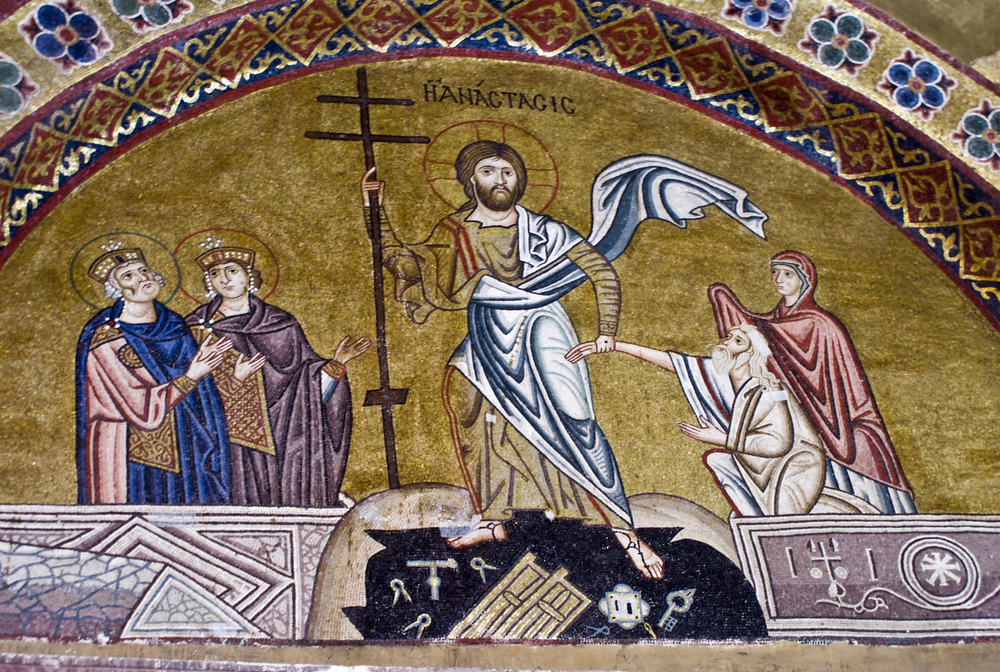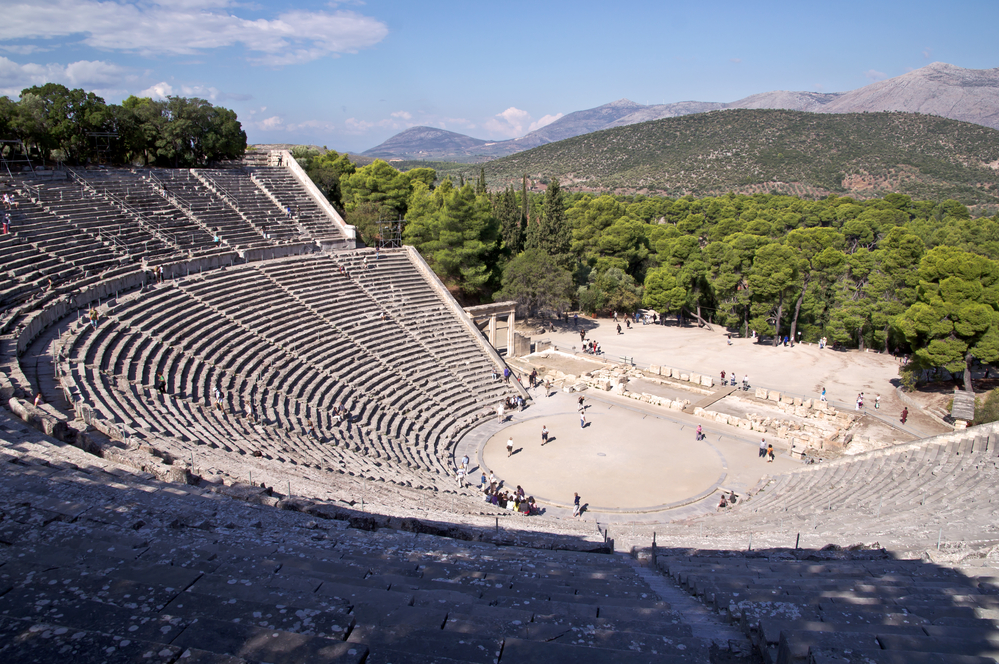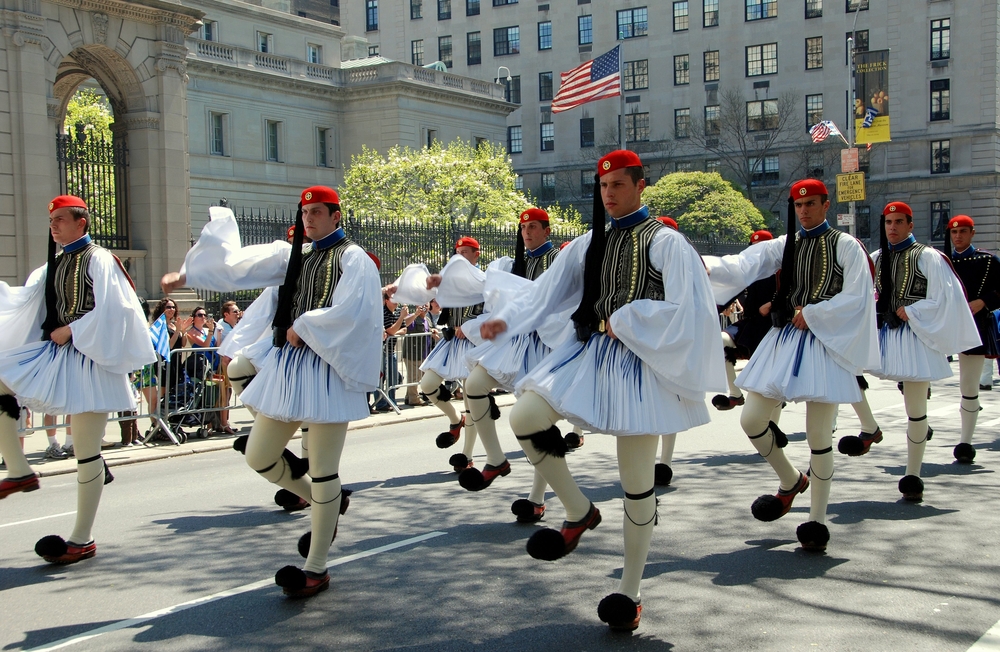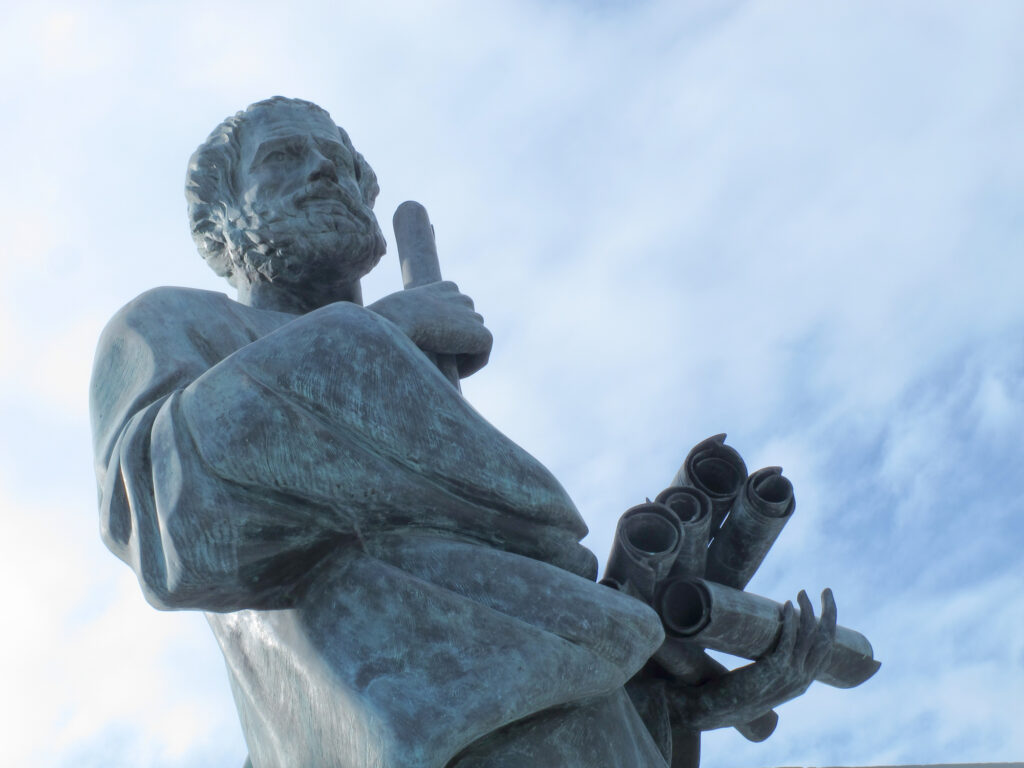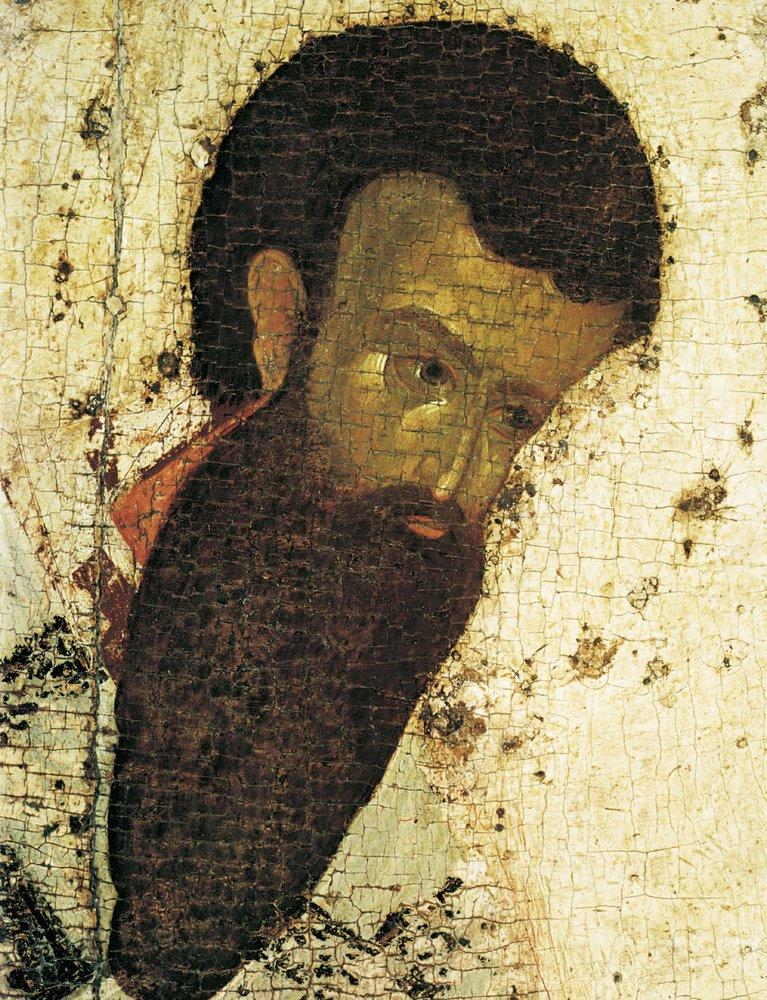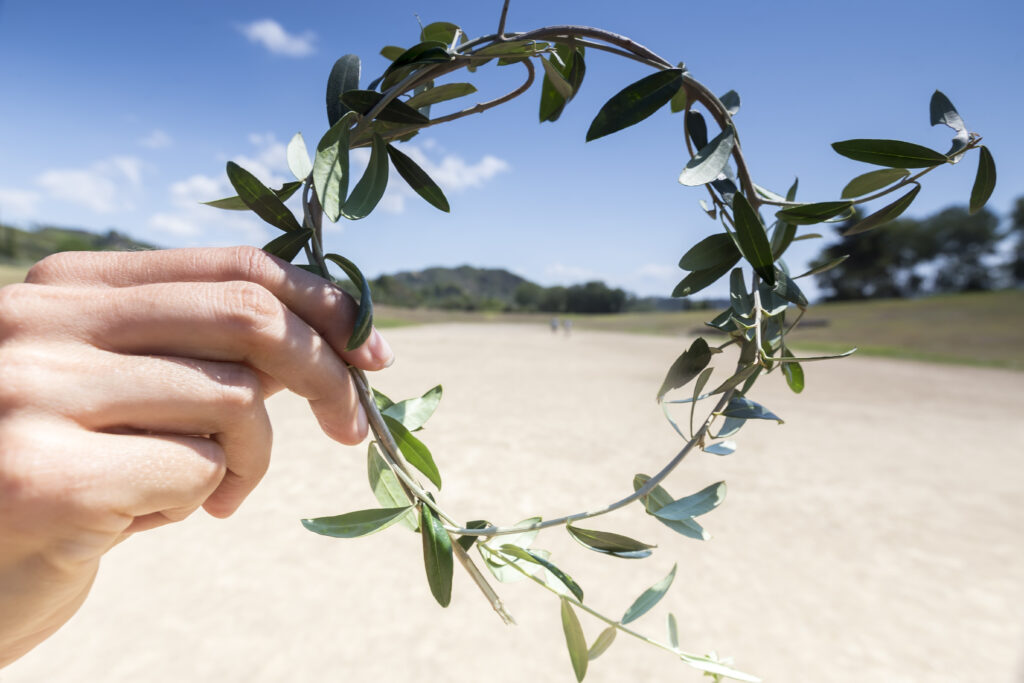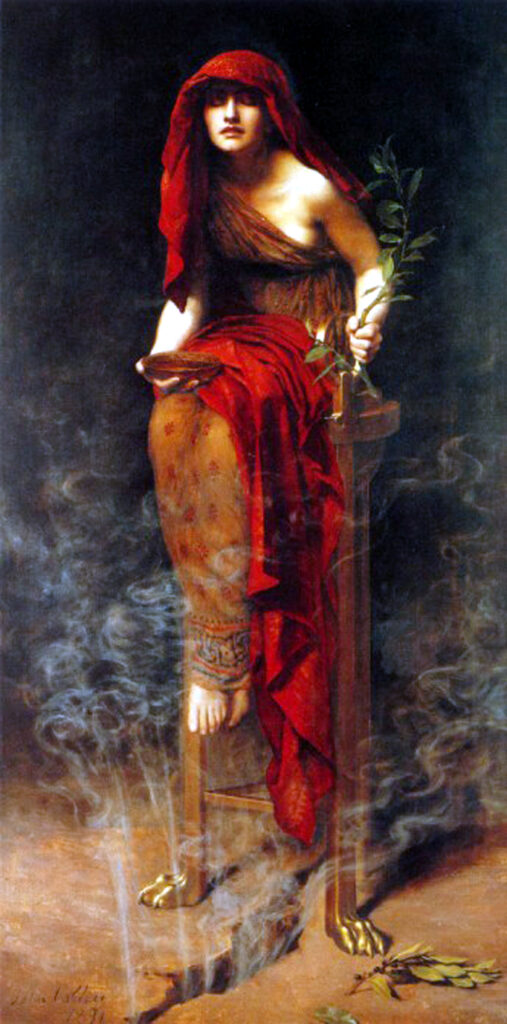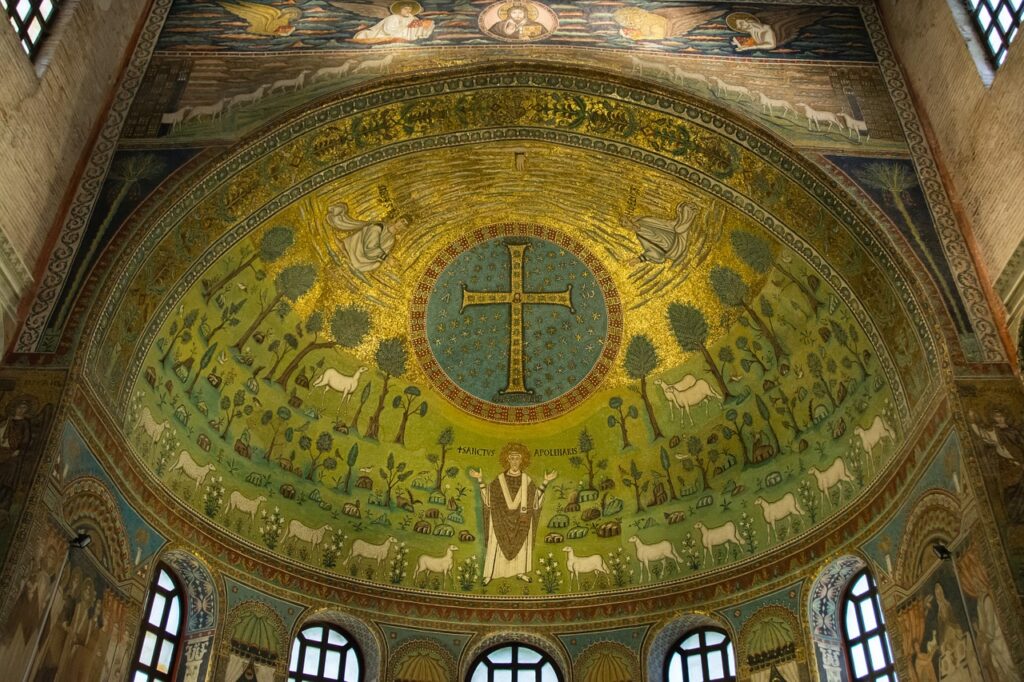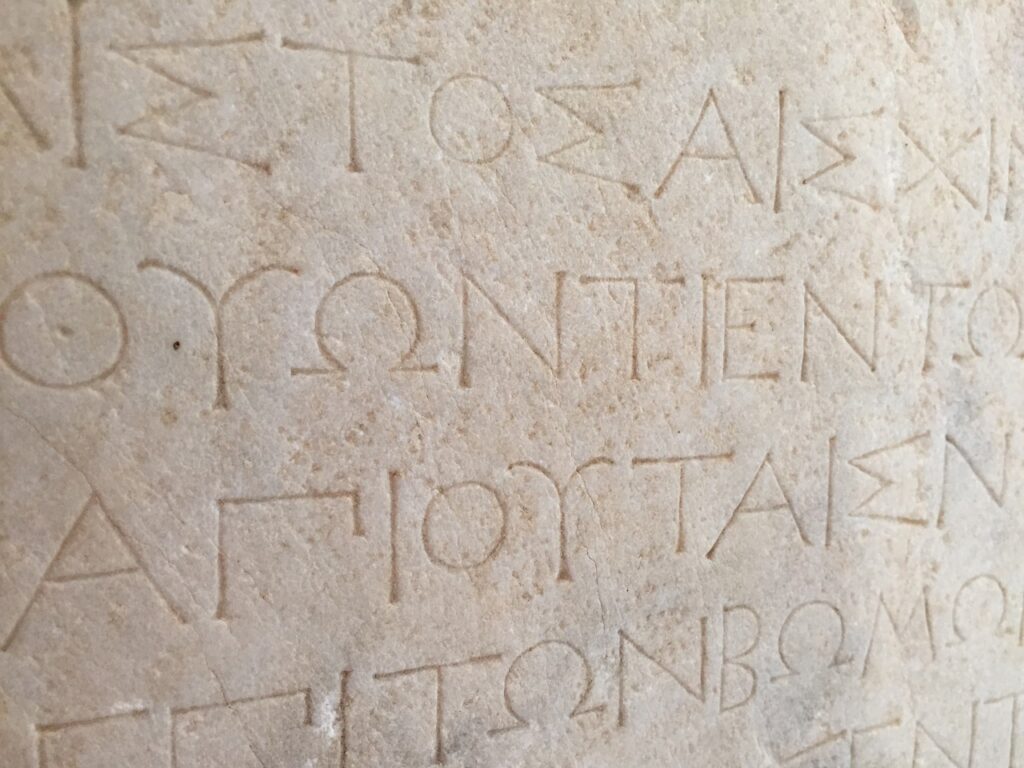In the Eastern Orthodox Christian Church, the greatest feast day of the church year is Easter. The resurrection of Jesus Christ marks the resurrection of the human kind and the passing to the eternal life. The Christians need to prepare themselves spiritually for this great day of Easter. Clean Monday is the beginning of this spiritual preparation and this is why it is called as such. It falls on the 7th Monday before Easter (Pascha)
The Sunday afternoon before Clean Monday, the Christians follow the ritual of forgiveness at church during the Forgiveness Vespers. They forgive each other since this is the first and most important step before starting any spiritual preparation. On Clean Monday, the fasting season starts and lasts about 40 days. Eating meat, eggs and dairy products is traditionally forbidden to Orthodox Christians throughout Lent, with fish being eaten only on major feast days. People pray at home and at church, do a lot of charity work and try to abstain from sin so as to be able to love God and their fellows. This process is also called “askesis”, a Greek word that is related to spiritual self-discipline.
On Clean Monday, Greeks have many traditional customs. The most popular among them is the kite flying and symbolizes the human eagerness to approach the divine. Families usually go to the countryside where they fly the kite all together. People eat traditional food such as “halvah” – a soft candy made out of sesame paste- and a special kind of bread known as “lagana”. Lagana is made of unleavened bread. This is how it was eaten on the Exodus day when the Israelites passed through the Red Sea, leaving Egypt behind and heading to the land of promise.
Happy Clean Monday!
